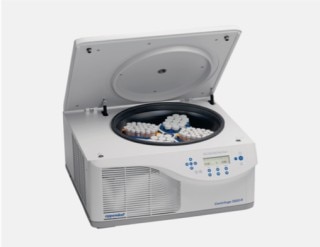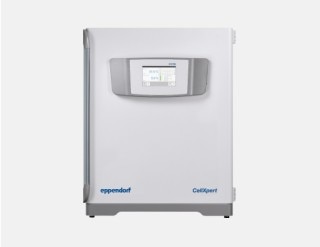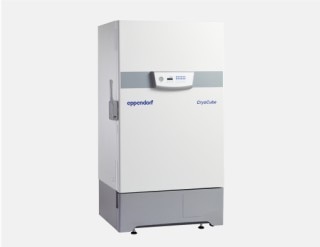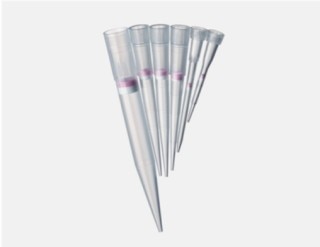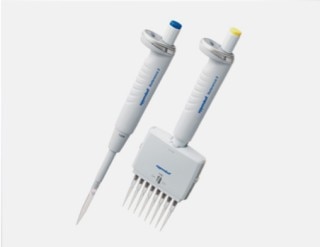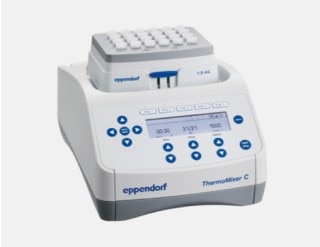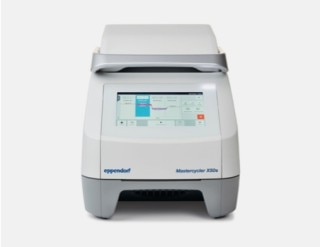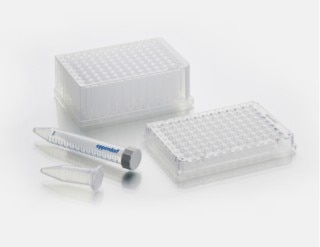-
-
-
- Forum Labo 2025
- Advanced Therapies Week (ATW) 2025
- SLAS Europe 2025
- Medlab Middle East 2025
- Biologics World Nordics 2025
- Bioprocessing Summit Europe 2025
- BioProcess International Europe 2025
- ASIA LABEX: The Lab Show 2025
- SLAS International 2025
- ISEV 2025
- Future Labs Live 2025
- Cell 2025
- ASIA LABEX: The Lab Show 2025
-
-
-
- Forum Labo 2025
- Advanced Therapies Week (ATW) 2025
- SLAS Europe 2025
- Medlab Middle East 2025
- Biologics World Nordics 2025
- Bioprocessing Summit Europe 2025
- BioProcess International Europe 2025
- ASIA LABEX: The Lab Show 2025
- SLAS International 2025
- ISEV 2025
- Future Labs Live 2025
- Cell 2025
- ASIA LABEX: The Lab Show 2025
-
- Benchtop Centrifuges
- Floor-Standing Centrifuges
- Refrigerated Centrifuges
- Microcentrifuges
- Multipurpose Centrifuges
- High-Speed Centrifuges
- Ultracentrifuges
- Concentrator
- High-Speed and Ultracentrifuge Consumables
- Centrifuge Tubes
- Centrifuge Plates
- Device Management Software
- Sample and Information Management
-
- All Pipettes, Dispensers & Automated Liquid Handlers
- Mechanical Pipettes
- Electronic Pipettes
- Multi-Channel Pipettes
- Positive Displacement Pipettes & Dispensers
- Automated Pipetting
- Bottle-Top Dispensers
- Pipette Controllers
- Pipette Tips
- Automation Consumables
- Dispenser & Pipette Accessories
- Automation Accessories
- Dispenser & Pipette Services

Sustainability for Tubes and Plates
Read more
Read less
How can I find sustainable tubes and plates?
Biopolymers & recycled raw material
The other big topic of consumables addresses biopolymers and recycled polymers as starting material for consumable production instead of using fossil oil based polymers. Consumables based on recycled polymers still do not perform in the same way as consumables produced with oil-based polypropylene. Despite a lot of R&D efforts, performance and sterility levels of lab consumables based on plastic recycling material do not fulfill the high expectations of the scientists in the lab in combination with realistic costs for these consumables. Especially the risk of leachables from recycled plastic still needs to be improved. In contrast to recycling material, biobased raw material can be used as starting material for lab consumables. Mid of 2022, Eppendorf launched one of the first tubes for laboratory molecular work worldwide, based on polypropylene which is based on biobased Used cooking oil (UCO) as source.
Waste & recycling
These consumables like tubes and plates are a challenge in respect to sustainability. Labs producing bags full of used consumables are a common situation. They produce waste that is a mixture of different polymers like polypropylene, polystyrole, polyethylene, etc. On top, there is the challenge of potential bio hazards and chemical hazards within this waste. Recycling of plastic lab waste is currently a big challenge with no established technology available.
Future
There will be alternative production methods in the future, and our R&D experts do their very best to improve – but it still needs time for consumables based on recycled polymers. The first step of improvements by using biobased polymers for tubes is done.
Read more
Read less
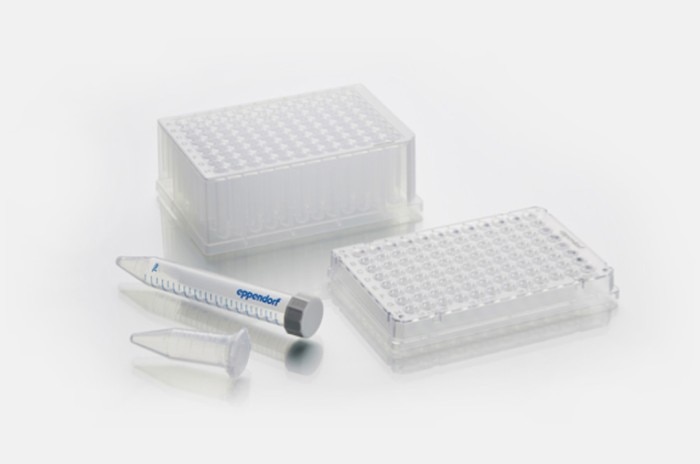
Discover our tubes and plates
Read more
Read less
Your Future Lab Perspective
»Making polymer products and components substantially and measurably more sustainable according to the »Reduce, Reuse, Recycle« concept without compromising product quality and performance«
Since oil-based plastic vessels have replaced glass vessels, they have become irreplaceable in laboratories around the world, providing quality standards needed in increasingly demanding research. This is the growing challenge in respect to sustainability. Thus, Eppendorf not only focuses on the development of new products but also on new, more environmentally friendly manufacturing materials. For the first time, we are in a position to offer a generation of Eppendorf Tubes® with screw caps in 5.0 mL, 15 mL, 25 mL and 50 mL made of a certified polypropylene based on renewable reused raw materials.
Learn more about the product life cycle:
Research & Development
- Focus on electronic documentation
- Supply by 100% renewable energy
- Exchange of most of the neon tubes to LED lamps to save electric energy
- Exchange of windows to 3-level glas windows in all major production areas
- Improving laser-based printing to reduce color printing
- Reduction of usage of challenging polymers like polycarbonates where possible
- Constant monitoring and in-house tests of biopolymers
Read more
Read less
Production
- Production by 100% renewable energy
- Update of all air-conditions systems within the last 10 years
- Combined heat and power plant provides ca. 40% of needed electric energy; heat is used within production, resulting in an efficiency factor of nearly 80% of the power plant
- Water-based cooling system for production is equipped with energy-efficient pumps
- New compressor systems with heat recovery and energy-optimized control units
- On-going replacement of pneumatic production machines by energy-saving electric driven instruments
- Vacuum systems driven my up-to-date pumps for energy saving and low noise emission
- Humidifiers with energy-efficient high-pressure systems
- Cardboard material of boxing is made of at least 90% recycled material
- Production waste (cardboard, foils, and plastic waste) is collected in mono-fractions and recycled
Read more
Read less
Logistics
- Local warehouses to reduce drop-shipments
- Packaging parts have increasing share of recycled origin
- Packaging can be recycled by up to 100%
Read more
Read less
Marketing/Sales
- Focus on electronic media
- Focus on certified paper for print material
- Water-based ink
- Carbon neutrally printing of marketing material
- Supply by 100% renewable energy in marketing department
Read more
Read less
Usage
- No leachables in tubes to avoid any negative impact on sample material
- Plates are equipped with OptiTrack – clear alphanumeric marking of wells support peace of mind during work and reduce risk of mistakes/ repetition
Read more
Read less
Disposal
- Packaging can be recycled (cardboard and PP foil wrapping)
- PP material of racks can be recycled as long as it is contamination-free
- Tubes and plates are difficult to recycle due to biohazard and chemical load
Read more
Read less

